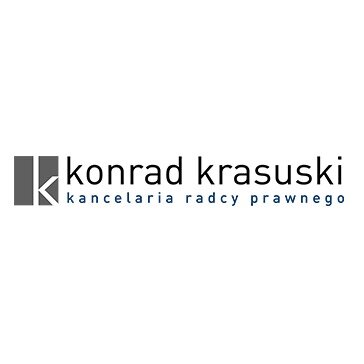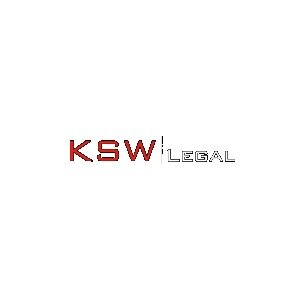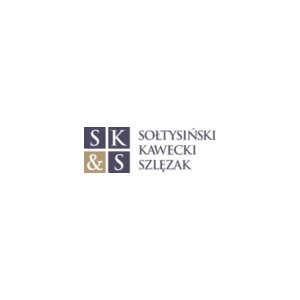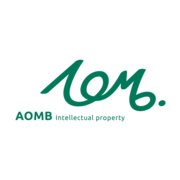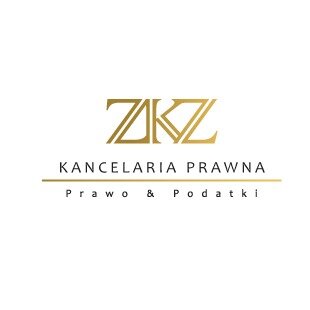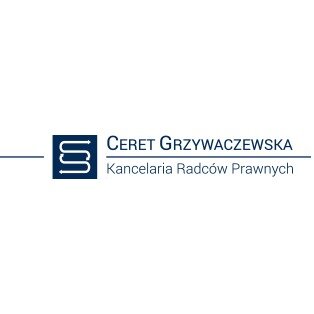Best Trademark Lawyers in Poland
Share your needs with us, get contacted by law firms.
Free. Takes 2 min.
Or refine your search by selecting a city:
List of the best lawyers in Poland
About Trademark Law in Poland
Trademark law in Poland is designed to protect the rights of trademark owners and ensure that consumers can identify the source of goods and services in the marketplace. Polish trademark law is governed by national legislation, which aligns with the European Union directives and international agreements. Poland is a member of the European Union Intellectual Property Office (EUIPO) and the World Intellectual Property Organization (WIPO), allowing for both national and international trademark registrations. A trademark in Poland can be a sign, such as a word, design, letter, numeral, color, shape, or a combination of these, that distinguishes the goods or services of one entity from those of others.
Why You May Need a Lawyer
Individuals and businesses may require legal assistance from a trademark lawyer in several situations. These include registering a new trademark, defending against claims of trademark infringement, opposing or contesting a trademark application, negotiating licenses for trademark use, and handling disputes related to trademark rights. A lawyer experienced in intellectual property law can provide invaluable guidance throughout these processes, ensuring that your rights are adequately protected and that you navigate the complexities of trademark laws effectively.
Local Laws Overview
Trademark law in Poland is primarily contained in the Industrial Property Law of June 30, 2000, which has been frequently updated to reflect changes in EU regulations. Key aspects of trademark law include the requirement for a trademark to have distinctive character, the protection against unauthorized use of a trademark, and the procedures for registering and opposing trademarks. Polish law also provides for both civil and criminal remedies for trademark infringement. Notably, trademarks in Poland may also achieve protection through European Union Trade Marks (EUTM) and the international Madrid System.
Frequently Asked Questions
What types of signs can be registered as trademarks in Poland?
In Poland, any sign capable of distinguishing the goods or services of one undertaking from those of other undertakings can be registered, provided it can be represented in a clear and precise manner.
How long does it take to register a trademark in Poland?
The process of registering a trademark in Poland typically takes about 6 to 12 months, but this can vary depending on whether objections or oppositions are raised during the examination process.
How long does trademark protection last in Poland?
A registered trademark in Poland is protected for 10 years from the filing date. The protection can be renewed indefinitely for subsequent periods of 10 years each.
What are the costs associated with registering a trademark in Poland?
The cost of registering a trademark in Poland includes official fees for filing, registration, and, if applicable, renewal fees. Professional fees for legal assistance may also apply.
Can I register an international trademark that includes Poland?
Yes, through the Madrid System for the international registration of marks, you can seek protection in Poland by designating it in your international application.
What is opposition, and how does it work in Poland?
Opposition is the formal process of challenging the registration of a trademark. In Poland, once a trademark is published in the Trademark Gazette, third parties have three months to file an opposition against it.
Can a trademark be revoked or cancelled in Poland?
Yes, trademarks in Poland can be revoked or cancelled on several grounds, including non-use and if the trademark becomes misleading or generic.
What constitutes trademark infringement in Poland?
Trademark infringement in Poland occurs when a sign identical or similar to a registered trademark is used without authorization in the course of trade for identical or similar goods or services, causing a likelihood of confusion.
Is it necessary to use the ® symbol with a registered trademark in Poland?
While not mandatory, using the ® symbol with a registered trademark can be beneficial as it indicates that the trademark is registered and serves as a deterrent against potential infringers.
How can I renew my trademark in Poland?
To renew a trademark registration in Poland, you must file a renewal application and pay the official renewal fee before the expiration of the current protection period. A grace period of six months after the expiration is also available, subject to additional fees.
Additional Resources
For further assistance and information, you can refer to the following resources:
- Polish Patent Office
- European Union Intellectual Property Office (EUIPO)
- World Intellectual Property Organization (WIPO)
- Local associations such as the Polish Chamber of Patent Attorneys
Next Steps
If you require legal assistance with a trademark matter in Poland, consider taking the following steps:
- Consult with a qualified trademark attorney who can provide specialized advice and assistance tailored to your needs.
- Gather all relevant documentation, such as existing trademark registrations, usage proofs, and any correspondence related to the matter.
- Prepare a list of questions or concerns to discuss with your attorney during the consultation to ensure all aspects of your case are adequately addressed.
- Decide on the scope and terms of the legal services provided, including costs, timelines, and outcomes.
Ensuring well-informed legal assistance can significantly enhance the protection and enforcement of your trademark rights in Poland.
Lawzana helps you find the best lawyers and law firms in Poland through a curated and pre-screened list of qualified legal professionals. Our platform offers rankings and detailed profiles of attorneys and law firms, allowing you to compare based on practice areas, including Trademark, experience, and client feedback.
Each profile includes a description of the firm's areas of practice, client reviews, team members and partners, year of establishment, spoken languages, office locations, contact information, social media presence, and any published articles or resources. Most firms on our platform speak English and are experienced in both local and international legal matters.
Get a quote from top-rated law firms in Poland — quickly, securely, and without unnecessary hassle.
Disclaimer:
The information provided on this page is for general informational purposes only and does not constitute legal advice. While we strive to ensure the accuracy and relevance of the content, legal information may change over time, and interpretations of the law can vary. You should always consult with a qualified legal professional for advice specific to your situation.
We disclaim all liability for actions taken or not taken based on the content of this page. If you believe any information is incorrect or outdated, please contact us, and we will review and update it where appropriate.
Browse trademark law firms by city in Poland
Refine your search by selecting a city.




